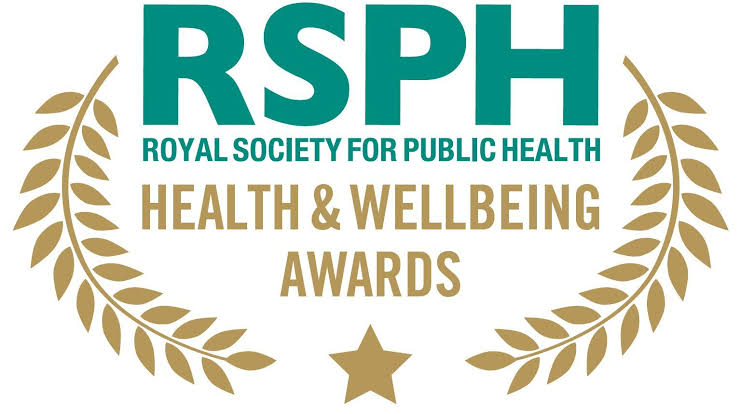The UK could see up to 600,000 more people drop out of the workforce over the next decade due to long-term illness unless employers and the government take stronger action to support workers’ health, a new report by Royal Society of Public Health (RSPH) has warned.
Analysis by the RSPH predicts that more than 3.3 million adults will become economically inactive by 2035 because of chronic health conditions such as musculoskeletal disorders, cardiovascular disease and poor mental health a 26% rise compared with current levels.
The projected loss could cost the economy £36 billion a year, roughly equivalent to the entire city of Bristol leaving the workforce.
The findings come ahead of the Keep Britain Working review, led by Sir Charlie Mayfield, which is expected to outline how employers and government can reduce health-related inactivity and promote inclusive workplaces.
RSPH chief executive William Roberts said the figures highlight the need for a fundamental shift in how workplaces protect and promote staff wellbeing.
The organisation is calling for a national health and work standard to ensure all employees receive a basic level of health support at work.
“The UK’s productivity crisis is one of the biggest challenges facing our economy, and long-term health conditions in the workforce are a major factor,” the RSPH boss said, adding that “employers must play a greater role in keeping people healthy.”
Experts at the Health Foundation backed the call, warning that declining workforce health poses one of the biggest challenges for the government. Policy manager Sam Atwell urged both government and employers to act early by improving health standards and expanding access to specialist caseworkers who help people remain in work.
Senior research fellow Jamie O’Halloran added that improving health support benefits both employees and employers through reduced staff turnover, higher productivity and lower absenteeism.
A government spokesperson said ministers remain committed to tackling the issue through its 10-year health plan, which focuses on prevention and better access to personalised health support. “Good work is good for health and good for the economy,” the spokesperson said.
“Helping people stay in or return to work not only transforms lives but strengthens communities and drives growth.”



